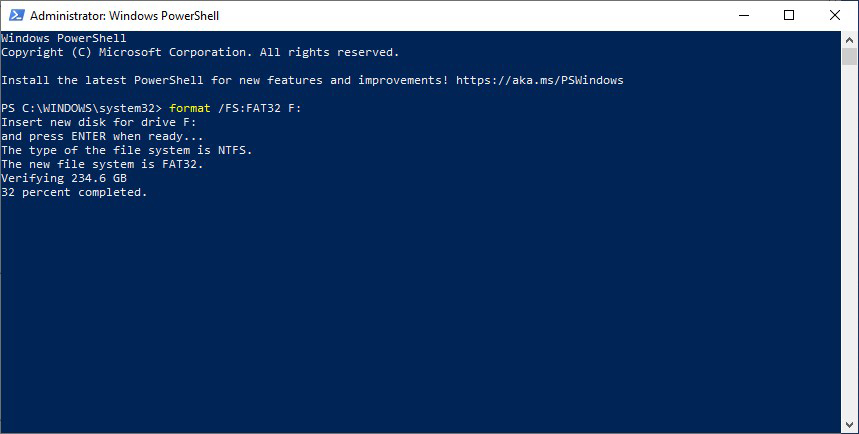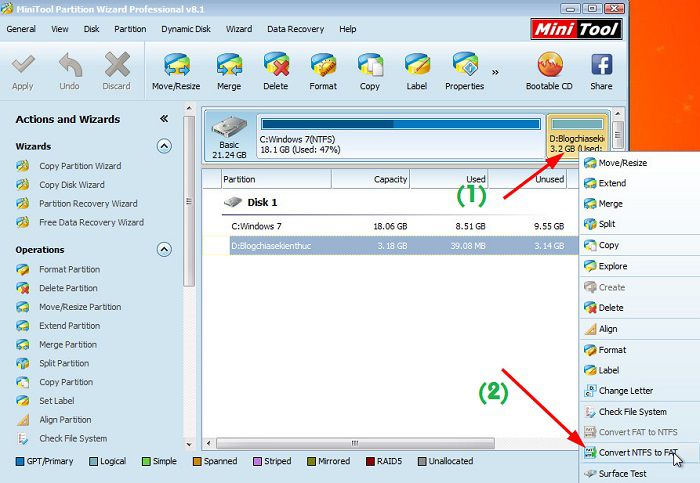


Unfortunately there's not a good way to do this the other direction (DropBox on Linux ext4, shared with Windows) because there's not a reliable read/write solution for accessing ext4 partitions from Windows. You'll have to periodically reboot into Windows to allow the files to sync. Just use Dropbox files normally in the Linux side, but realize that you will not get the automatic syncing that keeps the files backed up while you are in Linux. This will allow only the Windows Dropbox installation to sync, which means you may as well not even have DropBox installed on the Linux side. Share an NTFS partition (NOT YOUR WINDOWS PARTITION) between your two operating systems. You have a few options, none of them ideal. This means that if you are sharing the Dropbox files between the two operating systems, ONE of them will NOT be able to sync. Dropbox REQUIRES you to use NTFS for your dropbox files on Windows, and ext4 on Linux. I was recently hit with the same issue using DropBox between Linux and Windows. I know this is an old thread but it's going to be hit a lot with the new Dropbox partitioning rules. (But for such a machine, you could use use Ubuntu's default partition type, ext4.) Since Ubuntu is not as good at repairing damaged NTFS partitions as Windows (though there are Ubuntu utilities for this), you should probably avoid NTFS for machines where Ubuntu is the only operating system.
#Fat32 or ntfs for windows 10 install
You cannot install Ubuntu to an NTFS partition, though (except with Wubi, which installs it to a rewriteable disk image that resides inside an NTFS partition). Furthermore, it could even just be the Windows partition, as that is of type NTFS. Unless you have a specific reason to do otherwise, your partition for sharing files between Ubuntu and Windows should probably be NTFS. This is usually quite minor when comparing them to NTFS, since while NTFS does support ownership and permissions, it's somewhat complicated to get them properly respected/used when mounting an NTFS volume in a non-Windows operating system like Ubuntu. Neither exFAT nor FAT32 support file ownership and permissions. These days, you may well have files that large, depending on what you're using your computer for. I just want you to be aware of potential issues.)įAT32 doesn't support files larger than 4 GiB. (I'm not trying to discourage you, and I'm not a lawyer.
#Fat32 or ntfs for windows 10 drivers
Remember, if you have to boot from an Ubuntu live CD for recovery purposes, the live CD won't have exFAT drivers even if your installed system does.You can add it without too much trouble, but this is still more trouble than not having to add it at all. exFAT and FAT32 partitions are other options, but:ĮxFAT is patent-encumbered, so support for it is not built in to Ubuntu by default. If you're using both Ubuntu and Windows, then yes, you should probably store files you want accessible by both in an NTFS partition.


 0 kommentar(er)
0 kommentar(er)
